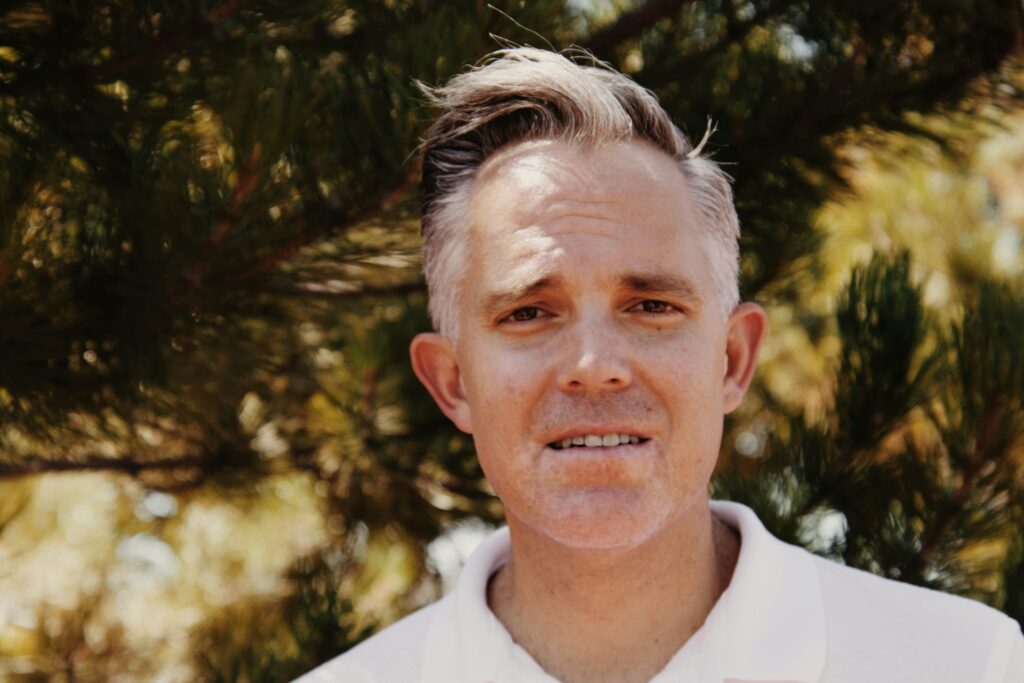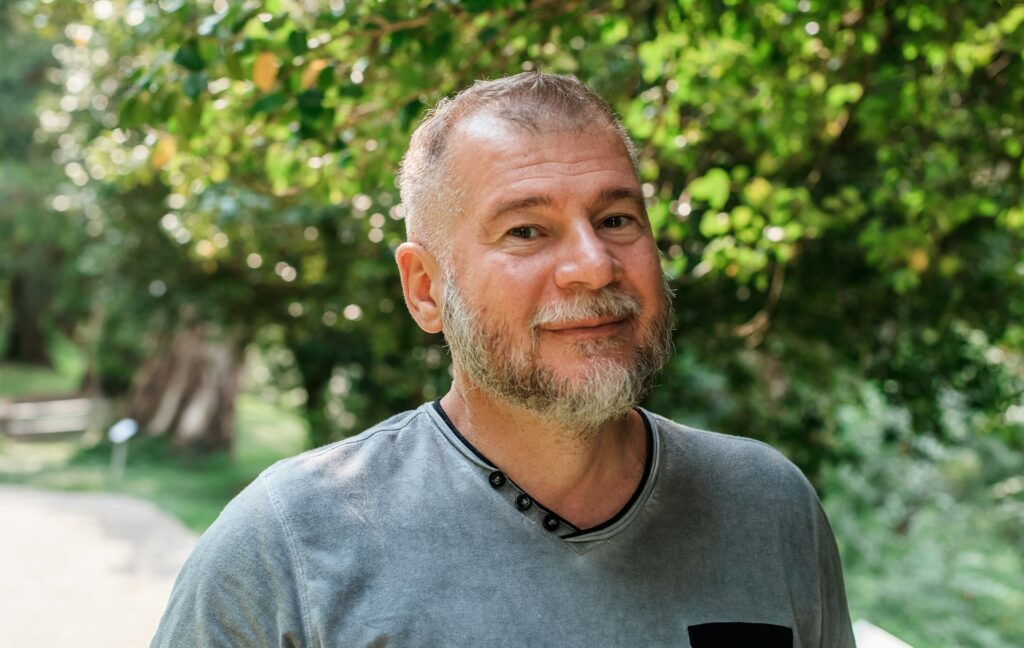By the time most men hit their 40s, life has started to take on a kind of rhythm—career, relationships, family, routines.

However, somewhere in that rhythm, wellness can quietly take a back seat. Stress piles up, movement slows down, and the line between working and living starts to blur. This stage of life isn’t just about keeping up; it’s about showing up well for your body, your mind, and your future. Here are some of the most impactful wellness moves every man over 40 should consider—not for a six-pack, but for a sustainable, balanced life that actually feels good to live.
1. Reassess your definition of “success.”

In your 20s and 30s, success often means climbing, building, or proving. But in your 40s, it’s worth asking: is what I’m chasing still aligned with who I am now? Because working nonstop to impress a past version of yourself isn’t progress—it’s a loop. Wellness starts with clarity. Redefining success can definitely change your energy toward what actually matters—connection, health, purpose—not just the next promotion or performance review.
2. Make movement a non-negotiable part of your day.

You don’t need to train for a marathon, but regular movement is critical. It boosts energy, protects your heart, supports your joints, and sharpens your brain. In your 40s, your body starts to let you know when it’s being ignored, and you’ll want to listen. Even 30 minutes of walking, stretching, or resistance training a few times a week can make a massive difference. Think function over form, and consistency over intensity.
3. Get serious about your sleep.

Gone are the days when you could pull an all-nighter and bounce back. Poor sleep now affects your energy, focus, mood, and metabolism. It’s not a minor inconvenience—it’s a wellness wrecking ball. Prioritise at least seven hours of uninterrupted rest. That means cutting back on late-night screens, caffeine overloads, and treating sleep as something you plan for, not something you crash into.
4. Prioritise mental health like you do physical fitness.

You wouldn’t ignore a pulled muscle, so don’t ignore persistent stress, irritability, anxiety or emotional flatness either. Mental health is health, and therapy isn’t weakness. It’s maintenance. Even checking in with yourself regularly—journaling, talking to someone, noticing when you feel “off”—helps you spot issues early, rather than waiting for a full-blown crash.
5. Eat for energy, not just appetite.

Your metabolism isn’t what it used to be, and neither is your tolerance for skipping meals or living on convenience food. The way you fuel your body now impacts your focus, mood, and long-term health more than ever. You don’t need a strict diet, just more whole foods, less sugar, and meals that keep you steady rather than spiking and crashing all day. Eating well now pays off big down the road.
6. Start strength training (or keep it going).

Muscle mass naturally declines with age, which affects everything from metabolism to posture to energy levels. Luckily, it’s reversible with even a couple of sessions a week. Strength training isn’t about vanity. It’s about staying mobile, independent, and strong enough to handle life. A few consistent reps now mean fewer injuries, better sleep, and more confidence later.
7. Set boundaries around work—seriously.

If work has taken over your evenings, weekends, or even your thoughts while on “holiday,” it’s time to reclaim your time. Work-life balance doesn’t happen by default—it happens by decision. Start with small changes: a no-laptop rule after dinner. A protected hour for movement. Saying no without guilt. Boundaries don’t make you less ambitious—they make you more effective and less depleted.
8. Find something that’s just yours.

Hobbies aren’t frivolous—they’re fuel. Whether it’s music, cycling, cooking, or restoring old watches, having something outside of work and responsibility keeps your mind engaged and your identity full. Don’t wait for retirement to rediscover passion. Carving out time for something purely enjoyable is one of the most grounding things you can do at this stage in life.
9. Check in with your purpose (not just your planner).

It’s easy to get caught up in tasks, to-dos, and logistics, but what about meaning? Wellness includes a sense of direction. When your daily life aligns with your deeper values, stress goes down and satisfaction rises. This isn’t about quitting your job or finding a grand calling. It’s about asking, “Am I spending time in ways that reflect what I care about?” Adjust from there.
10. Don’t ignore medical checkups anymore.

This is the decade when proactive health matters. Blood pressure, cholesterol, prostate checks, heart screenings—staying on top of them can prevent problems from becoming crises. See your GP, get those routine tests, and stop waiting for symptoms before you act. Prevention is far more powerful, and far less stressful, than dealing with things late.
11. Rethink how you handle stress (because it’s not going away).

Stress doesn’t disappear with better time management—it requires better regulation. That means learning what actually helps you decompress: breathwork, solitude, nature, music, talking it out, or doing something with your hands. Stress is a given, but how you respond is what shapes your body and brain. Find your go-to techniques and use them often, not just when you’re on the brink.
12. Connect with other men in a real way.

Friendships often get thinner as life gets fuller, but meaningful connection with other men, especially ones who get where you’re at, is massively protective for your mental health. Make space for more than surface chat. Whether it’s a walking group, a hobby circle, or just one solid friendship where you can talk without posturing, it makes a huge difference to your emotional bandwidth.
13. Make time for recovery, not just productivity.

You’re not a machine, and even machines need downtime. Instead of pushing through every dip in energy, learn to honour it. Take breaks, use your annual leave, and stop equating worth with output. Burnout in your 40s isn’t just unpleasant—it’s harder to bounce back from. Rest isn’t laziness, it’s strategy. It keeps you in the game longer, feeling better and showing up stronger.
14. Let go of who you think you “should” be by now.

There’s a quiet pressure that creeps in during this stage of life—am I where I’m supposed to be? Did I do enough? Why don’t I feel the way I thought I would? All of it can quietly drain your peace. Wellness includes self-compassion. You’re allowed to change, evolve, and reset your expectations. Growth doesn’t stop in your 40s—it gets clearer, quieter, and much more powerful when you stop pretending and start being honest with yourself.


